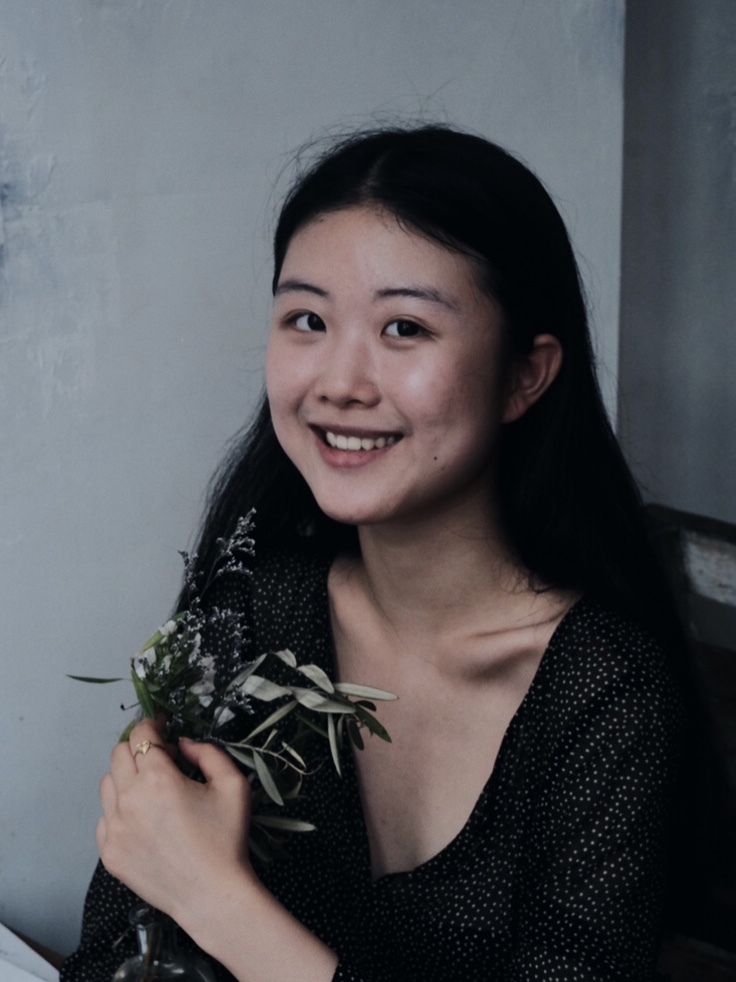
Lynda Li is a 4th-year Kinesiology student in the interdisciplinary stream. We are very happy to announce that on March 20, 2022, Lynda won 2nd place at the UBC Multidisciplinary Undergraduate Research Conference (MURC) for her virtual presentation titled From Victims to Visionaries: Representations of Older Asian Adults in Canadian News Media during COVID-19.
Lynda writes about her research presentation that, “during the COVID-19 pandemic, media coverage often reflected and reinforced ageist perceptions of older adults as ‘weak’ and ‘burdensome’, and racist perceptions of the Asian community as ‘vectors of virus and disease’. Together, the manifestations of societal ageism and racism in the media raises concerns about the representation of older Asian adults, who are situated at the crossroads of these interlocking forms of oppression. Under the supervision of Dr. Laura Hurd, I conducted an evidence-based and thematic analysis of articles published by The Globe and Mail, Vancouver Sun, and Richmond News during the first 18 months of COVID-19. I discovered that older Asian adults tended to be portrayed along a binary of either being victims or visionaries. These findings suggest that media attention is only directed towards older Asian adults when they are praised for their successes or pitied for their vulnerabilities, with little nuance in between. Furthermore, the overwhelming dominance of passive portrayals of older Asian adults suggests that their voices remain largely unheard, despite their coverage in the media. Finally, stereotypes of both older adults and Asians were found to be common, revealing that they experience intersectional forms of oppression in the media.
Intersectionality refers to the idea that systems of oppression are inherently bound together. In the context of healthcare, the theory recognizes health to be shaped by a myriad of interlocking factors such as race, gender, and socioeconomic status.”
Lynda reflects, “My four years at the School of Kinesiology have fueled my ambitions for advancing healthcare towards a more equitable direction. Addressing the health disparities pertaining to BIPOC and other marginalized groups that are situated at the forefront of my career goals. Whether it’s practicing culturally competent care as a future healthcare practitioner or driving institutional change by working in health policy, I cannot wait to be a part of the meaningful change in delivering equitable healthcare for all Canadians.”